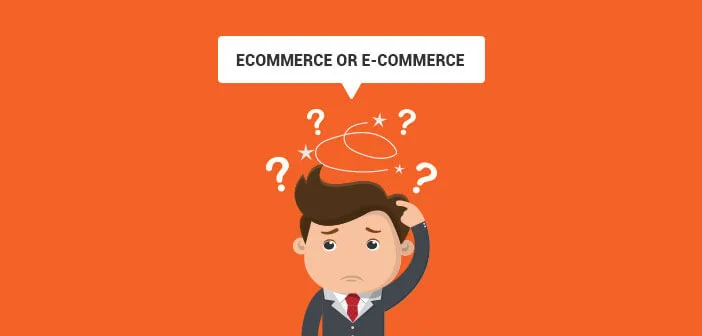In the ever-evolving world of e-commerce, selecting the right banking partner
is crucial for business growth and financial management.
As e-commerce businesses scale, the need for tailored banking solutions
that cater to the unique demands of online selling becomes paramount.
Let’s discuss the top banking options for e-commerce businesses in 2024,
highlighting their features, fees, and why they are the best choices for your business.
Wise Business

Wise Business emerges as a standout for e-commerce enterprises that deal with multiple currencies.
This platform allows businesses to receive funds in several
major currencies with minimal fees, eliminating the hassle of currency conversion for global transactions.
With a one-time setup fee of $31, Wise Business offers low-cost transactions starting at 0.43% per transfer and integration with popular accounting software,
making it an affordable and efficient choice for international e-commerce operations.
PayPal

A long-standing leader in digital payments, PayPal remains a top pick
for e-commerce businesses thanks to its comprehensive suite of services.
From seamless payment processing across different countries
to user-friendly invoicing systems, PayPal supports e-commerce businesses
with tools that enhance transaction efficiency.
The fee structure is straightforward: domestic transactions cost 2.9% plus a fixed fee,
and international sales incur additional charges.
Despite its higher fees, PayPal's reliability and extensive feature set justify many businesses' costs.
Payoneer
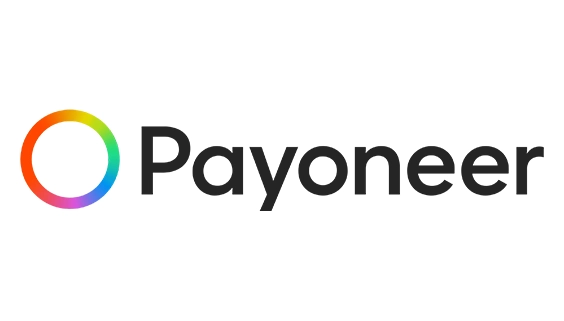
Payoneer is particularly advantageous for e-commerce businesses that broaden their international reach,
as it simplifies managing transactions across borders.
It offers the convenience of receiving payments in different currencies
and direct integration with major marketplaces like Amazon and eBay.
Although Payoneer’s fees vary depending on the payment source, its strength
lies in providing a centralized platform for effortlessly managing international sales.
Revolut
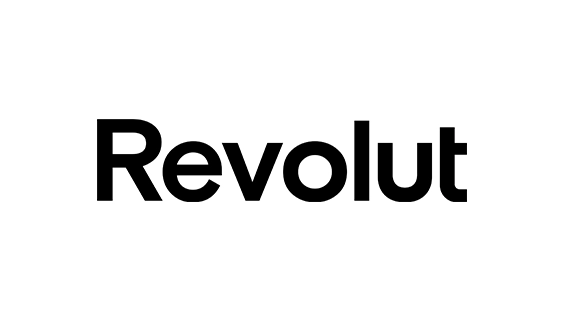
Revolut is redefining e-commerce banking with its robust feature set, which includes multi-currency accounts,
international money transfers without hefty fees, and advanced financial analytics.
The bank offers several plans, with the Grow plan, at $39.99 per month,
providing essential features for small to mid-sized businesses, such as priority customer support
and competitive foreign exchange rates.
Chase
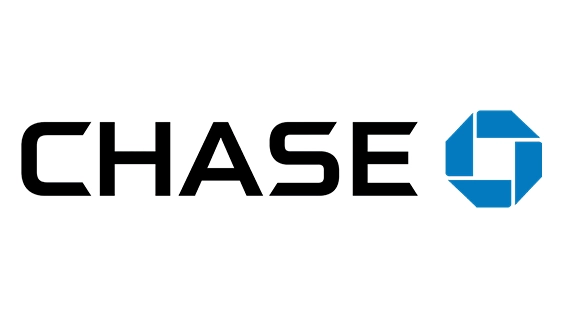
Chase offers reliability and comprehensive services for those preferring a traditional banking relationship.
Its business checking accounts cater to various sizes of e-commerce businesses,
with Chase Business Complete Banking being ideal for smaller enterprises.
The fees are competitive, and several options for waiving the monthly charges exist,
making Chase a viable option for businesses that value in-person banking support alongside digital services.
TIAA
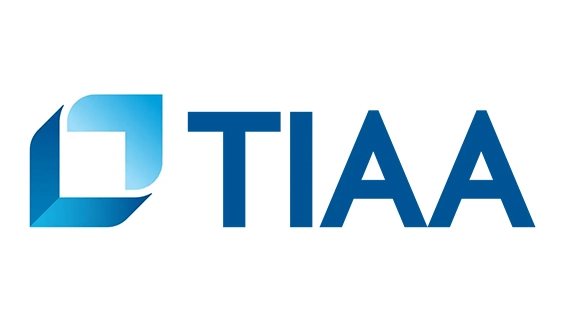
TIAA serves a niche market, including non-profits and small businesses,
by offering specialized financial services that support its clients' unique needs.
While not exclusively focused on e-commerce, TIAA's personalized approach
and range of financial products suit businesses seeking tailored banking solutions.
Bank of America
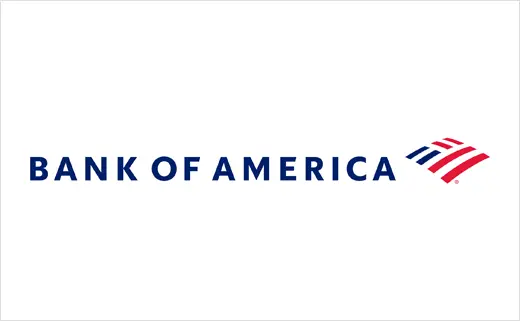
With robust merchant services and integration capabilities, such as Zelle and QuickBooks,
Bank of America is an excellent choice for e-commerce businesses that require a strong operational backbone.
The bank offers different business checking accounts to accommodate varying transaction volumes and business sizes.
Capital One
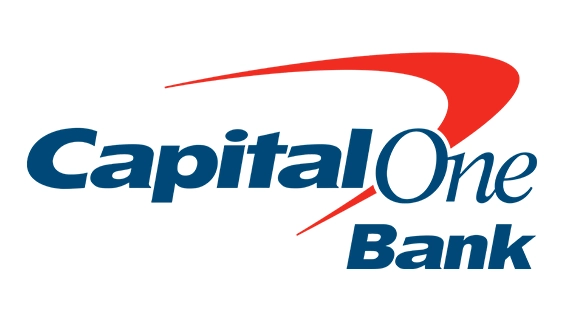
Capital One combines the accessibility of digital banking with comprehensive business services,
making it ideal for e-commerce businesses that prioritize flexibility and scalability.
Its accounts are designed to grow with your company, offering features
like free incoming wires and multiple free outgoing wires under certain plans.
Wells Fargo
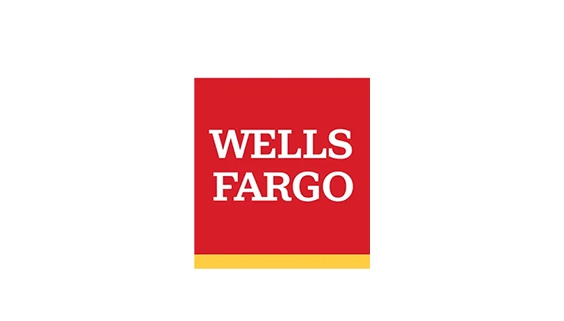
Known for its extensive small business resources, Wells Fargo provides a reliable banking foundation
with specialized services for e-commerce businesses, such as payment processing and financing options.
The bank offers tiered business checking accounts catering to different growth stages.
Axos
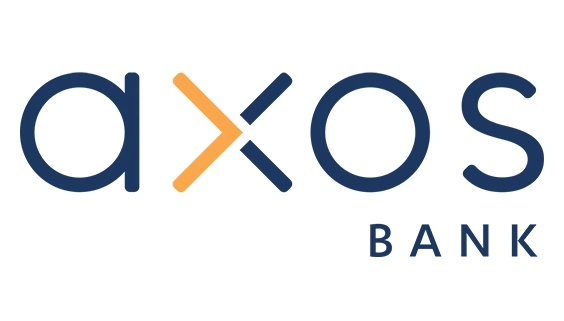
Axos is an online bank that provides contemporary financial solutions tailored specifically
for the requirements of digital businesses.
With features like free incoming wires and competitive fees for outgoing transfers,
Axos stands out predominantly among online companies.
Skrill
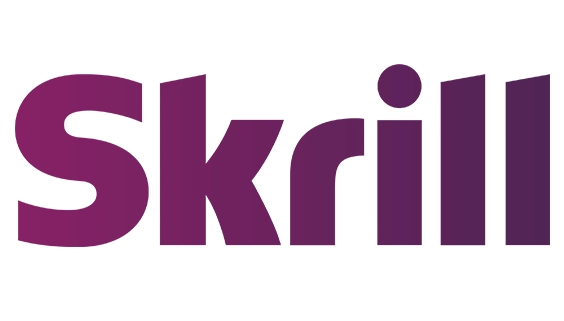
For businesses that need a digital wallet solution, Skrill provides seamless
integration for e-commerce platforms, offering quick payment processing and effective fraud protection.
Its capacity to manage multi-currency transactions at favorable exchange rates
positions it as a preferred option for e-commerce enterprises concentrating on international sales.
Relay

Relay, a digital-first banking platform, is tailored to the fast-paced needs of e-commerce businesses.
It offers features like unlimited free transactions and integrations with popular accounting tools.
Its no-fee structure for most services, including incoming and outgoing wires
under the Pro plan, offers significant savings for businesses looking to maximize their financial efficiency.
Factors To Consider When Choosing A Bank

Selecting the ideal bank for your e-commerce business hinges on several crucial factors
that can significantly influence your operations and growth potential:
-
E-commerce Integration:
Choose banks that integrate seamlessly with major e-commerce platforms and payment gateways,
facilitating smooth transactions and easy financial management.
-
Fees and Charges:
Understand the bank's fee structure, including monthly fees, transaction costs,
and additional charges for services like wire transfers and foreign transactions.
Opt for banks that offer clear, manageable fees aligned with your transaction volume.
-
Digital Banking Tools:
Evaluate the bank’s digital offerings, such as online banking capabilities,
mobile app functionality, and custom APIs for integrating banking data with your e-commerce systems,
ensuring efficient financial monitoring and management.
-
Merchant Services:
Ensure the bank provides comprehensive merchant services like credit card processing
and fraud protection, which are essential for daily operations and should come with
competitive pricing and technological reliability.
-
Customer Support:
High-quality customer support is crucial; look for banks that offer responsive,
knowledgeable service, preferably with dedicated support for business accounts.
-
Loan and Credit Options:
Consider the availability and terms of business loans and credit lines, which are essential
for funding growth and managing cash flow. Favor banks that offer flexible terms and competitive rates.
Final Thoughts:
In conclusion, choosing the right bank for your e-commerce business in 2024
involves careful consideration of each institution's offerings,
from their integration capabilities with e-commerce platforms to their fee structures and digital banking tools.
Whether you opt for innovative digital-first banks like Revolut and Axos or prefer the robust,
traditional services of Chase and Bank of America, the goal is to select a banking partner
that aligns with your business needs, enhances operational efficiency, and supports your growth ambitions.
Focusing on aspects like charges, client service, and e-commerce compatibility
can help you choose a bank that suits your immediate requirements and will grow with your company's future needs.





